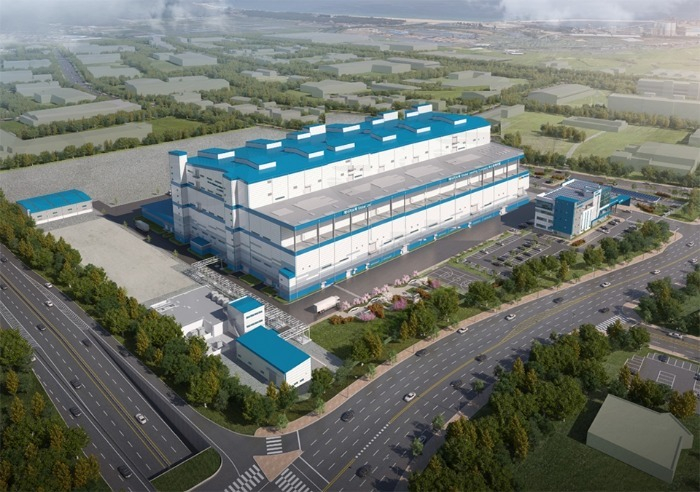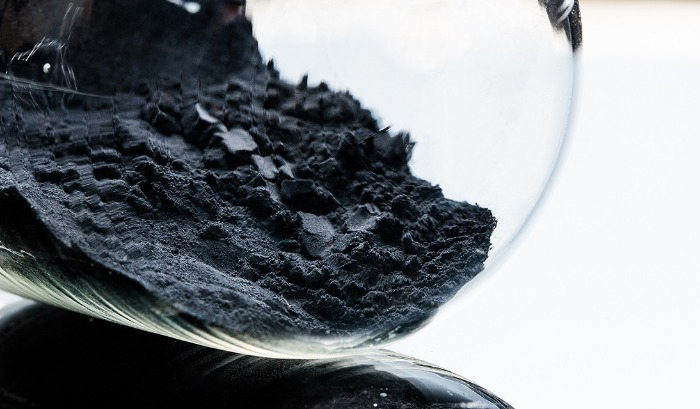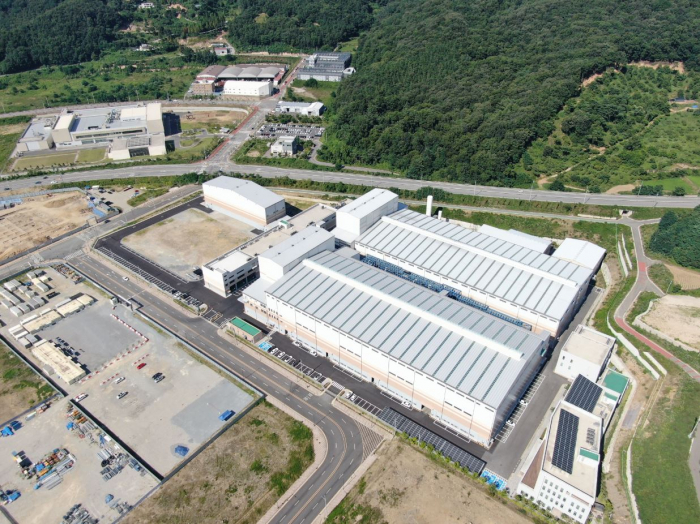POSCO, Huayou to expand ties for battery precursors
They will spend a combined $900 million to build a precursor plant, while their jointly owned cathode plant is under construction
By May 03, 2023 (Gmt+09:00)
LG Chem to sell water filter business to Glenwood PE for $692 million


Kyobo Life poised to buy Japan’s SBI Group-owned savings bank


KT&G eyes overseas M&A after rejecting activist fund's offer


StockX in merger talks with Naver’s online reseller Kream


Mirae Asset to be named Korea Post’s core real estate fund operator



POSCO Future M Co., formerly known as POSCO Chemical Co., on Wednesday signed a preliminary agreement with China’s Zhejiang Huayou Cobalt Co. to build a high-purity nickel material and precursor plant in Pohang, South Korea for 1.2 trillion won ($900 million).
The plant is separate from the lithium refining and cathode manufacturing facilities that POSCO Future M and its parent POSCO Holdings Inc. plan to construct for 1.2 trillion won in Gwangyang, 300 km south of Seoul.
The precursor production lines to be built in Pohang, 400 km southeast of Seoul, will likely come online from 2027, POSCO said.
A precursor is an intermediate material for cathodes made from nickel, cobalt and manganese. Cathode accounts for 40% of the cost of battery raw materials, for which lithium is the basic component.
The Wednesday announcement comes after POSCO said in March that it would build its first plant dedicated to churning out cathode materials made from nickel, cobalt and aluminum (NCA) in Pohang.
Precursors to be manufactured by the POSCO-Huayou joint venture will be supplied to the plant.

The POSCO-Huayou JV will boost POSCO's precursor production to 440,000 tons per year from 150,000 tons. That will bring the proportion of its self-produced precursors to 73% from the current 14%.
Accordingly, POSCO’s cathode production capacity in Pohang will increase by more than five times from 105,000 tons per year to 610,000 tons by 2030.
POSCO and Huayou have been bolstering their business partnership for rechargeable battery materials. They are now constructing a lithium refining plant in Gwangyang, South Jeolla Province to recover and refine lithium from waste batteries.
The Korean steelmaker also plans to set up a cathode plant in China and another one in Canada, each with an annual production capacity of 30,000 tons as it aims to become the world’s top player in the EV battery materials market by 2030.
In addition to the key battery ingredients of anode, cathode and precursor, POSCO is expanding its battery supply chain to the procurement of their raw materials such as nickel and lithium.
To do so, it will establish a nickel smelting plant in Indonesia for $441 million to produce nickel intermediate materials from 2025, enough to charge 1 million EVs.
It will be the first overseas nickel-producing facility owned and run by a South Korean company. High-nickel cathode material has a high proportion of nickel to improve battery capacity.
For lithium, POSCO Holdings has launched a joint venture with Australia’s lithium miner Pilbara Minerals Ltd., POSCO-Pilbara Lithium Solution. The venture is currently building a lithium refining plant in the South Korean city of Gwangyang.
Gwangyang is the world’s biggest single cathode-producing site, which accounts for the lion’s share of POSCO’s cathode production at home and abroad.

LONG-TERM ORDERS
The series of investment plans come after POSCO in April signed a 30.26 trillion-won supply contract with LG Energy Solution Ltd. for high-nickel cathodes by 2029.
It followed the 40 trillion-won order it secured in February from Samsung SDI Co. to supply cathode materials by 2032 in the industry’s largest-ever cathode supply contract.
For Huayou, its business ties with South Korean EV battery companies could help it bypass tightening US regulations aimed at containing China's influence.
Huayou has also joined forces with LG Chem Ltd., an affiliate of LG Solutions Ltd., to produce cathodes and precursors in South Korea.
Write to Hyung-Kyu Kim at khk@hankyung.com
Yeonhee Kim edited this article.
-

-
 BatteriesPOSCO to spend $900 mn to expand lithium, cathode output in Korea
BatteriesPOSCO to spend $900 mn to expand lithium, cathode output in KoreaMay 02, 2023 (Gmt+09:00)
4 Min read -
 BatteriesPOSCO Future M to supply LG Energy Solution $22.6 bn worth of cathodes
BatteriesPOSCO Future M to supply LG Energy Solution $22.6 bn worth of cathodesApr 26, 2023 (Gmt+09:00)
3 Min read -
 BatteriesPOSCO Future M to inject $461 mn to bulk up cathode production
BatteriesPOSCO Future M to inject $461 mn to bulk up cathode productionApr 24, 2023 (Gmt+09:00)
2 Min read -



